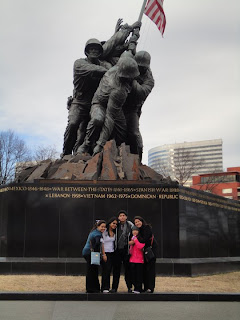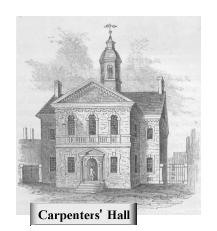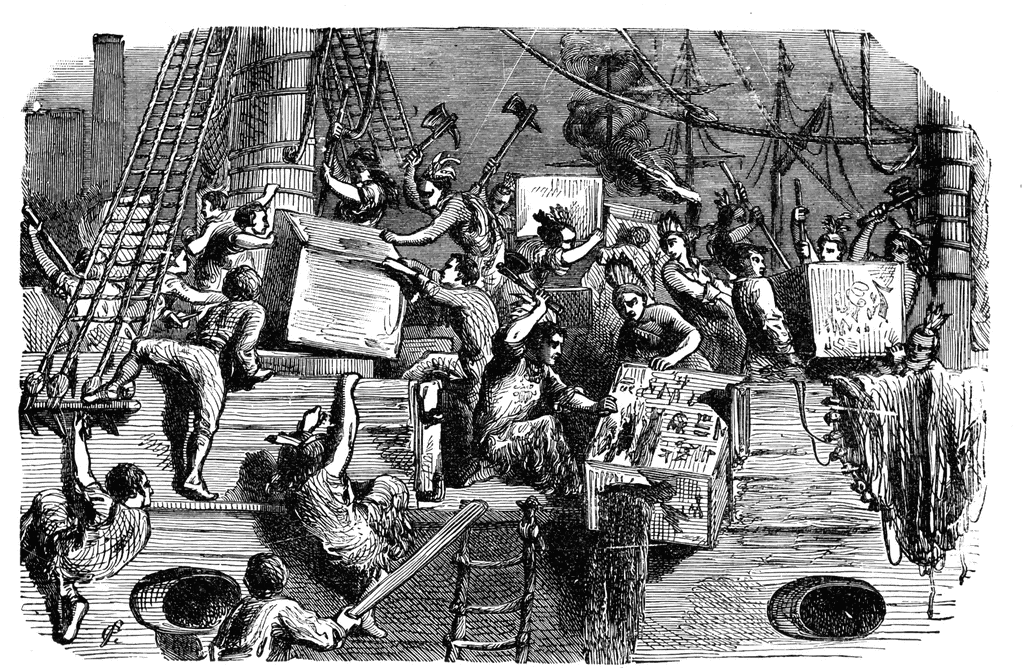 After many acts passed by the Parliament to increase taxes on the colonies, colonists began together to fight against taxes. The protest against taxes took different forms, one of them was: Economic Boycott. Colonists agreed to abstain from buying and using British articles. As a result of this boycott, a group of brave and respectable women join to support the protest. These women are called: “The Daughters of Liberty”.
After many acts passed by the Parliament to increase taxes on the colonies, colonists began together to fight against taxes. The protest against taxes took different forms, one of them was: Economic Boycott. Colonists agreed to abstain from buying and using British articles. As a result of this boycott, a group of brave and respectable women join to support the protest. These women are called: “The Daughters of Liberty”.
Since colonists didn’t buy any more British products, they have to manufacture their own textile and clothes. Here’s where our heroines make their contribution to the boycott. Women colonists used their skills to weave yarn and wool into fabric known as "homespun". Women got together in weaving rooms to homespun the clothes. They also manufactured other goods which were needed by the colonists.
Their contribution to the protest was really helpful and indispensable because without these women, colonists wouldn’t be able to abstain from buying British goods. They are not that recognized as men, but they made a mark on history.
One of the most influential women in this association was Abigail Adams. She was John Adams’s wife, who was one of the most famous leaders in Boston protests and was member of the association called “The Sons of Liberty”. Abigail Adams is best known for the letters she sent to her husband saying him to "Remember the ladies" who died a great contribution to the colonies. She fought for women's equality during the war and was a great leader of the protests.
Here is a letter from Abigail Adams to her husband John Adams.
MARCH 31, 1776
 "I long to hear that you have declared an independency. And, by the way, in the new code of laws which I suppose it will be necessary for you to make, I desire you would remember the ladies and be more generous and favorable to them than your ancestors.
"I long to hear that you have declared an independency. And, by the way, in the new code of laws which I suppose it will be necessary for you to make, I desire you would remember the ladies and be more generous and favorable to them than your ancestors. "Do not put such unlimited power into the hands of the husbands.
"Remember, all men would be tyrants if they could. If particular care and attention is not paid to the ladies, we are determined to foment a rebellion, and will not hold ourselves bound by any laws in which we have no voice or representation.
"That your sex are naturally tyrannical is a truth so thoroughly established as to admit of no dispute; but such of you as wish to be happy willingly give up -- the harsh tide of master for the more tender and endearing one of friend.
"Why, then, not put it out of the power of the vicious and the lawless to use us with cruelty and indignity with impunity?
"Men of sense in all ages abhor those customs which treat us only as the (servants) of your sex; regard us then as being placed by Providence under your protection, and in imitation of the Supreme Being make use of that power only for our happiness."












